On February 25th, China’s official press agency, Xinhua News, announced a proposal by the Standing Committee of the National People’s Congress to make a series of amendments to the constitution. The most substantial of these changes would remove term limits, first introduced by Deng Xiaoping in 1982, for the President and Vice President.
The congress, which has historically deferred to the committee, began its plenary session this week where its approval of the constitutional amendments is essentially a forgone conclusion. The proposal is of immense significance for China and the international community as it offers President Xi Jinping the opportunity to lead the country indefinitely.
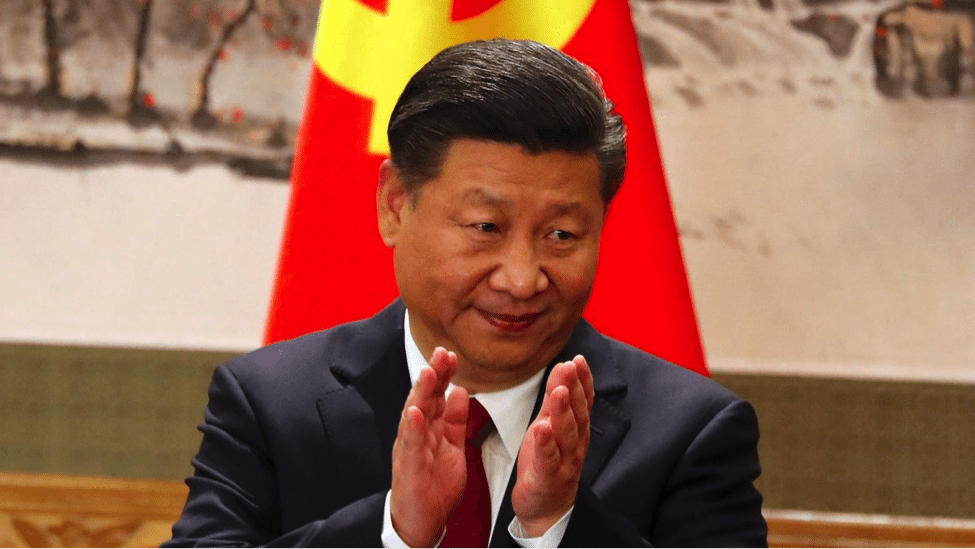
While in recent days there have been countless articles published, toying with the idea of President Xi as a Chinese imperial emperor, they have largely missed the mark. Xi is not an emperor, but rather, a highly competent political strategist seeing his long-term objectives come to fruition.
Almost certain to be passed by China’s National People’s Congress this week, a legal reform that removes the term limitation on the office of the president, will effectively transform President Xi into Emperor Xi https://t.co/38HmKK1HjH
— LIMA CHARLIE NEWS | WORLD (@LimaCharlieNews) March 3, 2018
After spending 25 years climbing the Chinese Communist Party’s (CCP) hierarchy in various government provincial postings, Xi was elevated to the party’s highest tier of leadership, the Politburo’s Standing Committee, in October 2007. While the details are opaque, Xi seemingly outmaneuvered Li Keqiang, an ally and potential successor to then serving President Hu Jintao. At the 2008 plenary session, Xi was announced as the new vice president, a position which had frequently signaled the party’s favored candidate to inherit the presidency.
![Image Xi at the 18th National People’s Congress [AFP]](https://limacharlienews.com/wp-content/uploads/2018/03/China-18th-National-Peoples-Congress.png)
President Xi’s reform agenda was sweeping, addressing both longstanding economic and social concerns. At the 2013 plenary session, Xi announced that he would establish and oversee the “Central Leading Group for Comprehensively Deepening Reforms,” a move which was seen as serving the duel purposes of furthering Xi’s reforms and consolidating his power. This perspective was further supported with the creation of the National Security Commission, which centralized Xi’s role and fortified his authority within the national security apparatus.
Xi also worked to build his credentials with the broader public. At the time, a string of viral and high-profile corruption cases against CCP officials had damaged the party’s reputation with the public. Xi seized the opportunity to both enhance his image with the public and, as some observers claimed, to weaken internal party rivals.
A savvy political operator, Xi also made great efforts to ingratiate himself with the public in his first term. A supposedly impromptu lunch at a working-class shop, known for its sale of the popular baozi (steamed-bun) delicacy, won Xi lavish praise across popular Chinese social media platforms like Weixin and Sinbo.
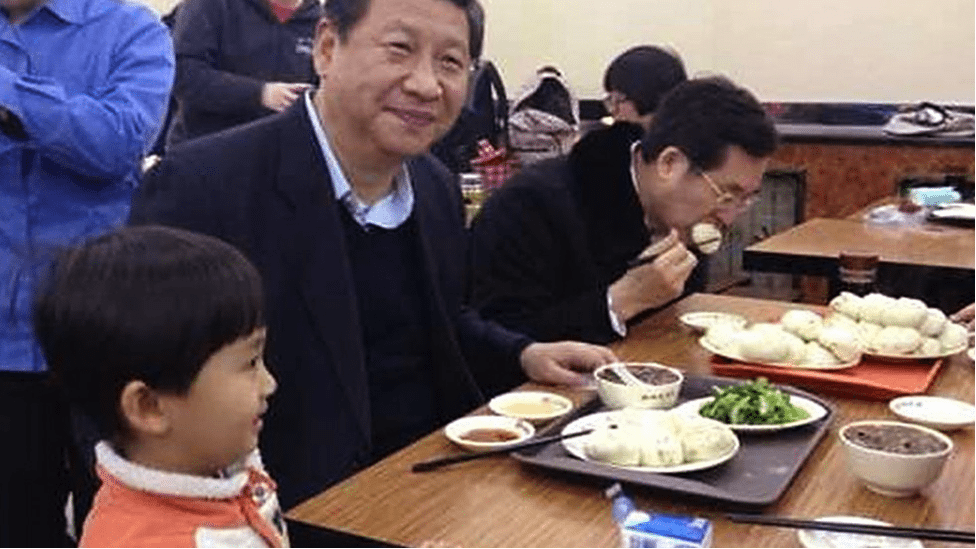
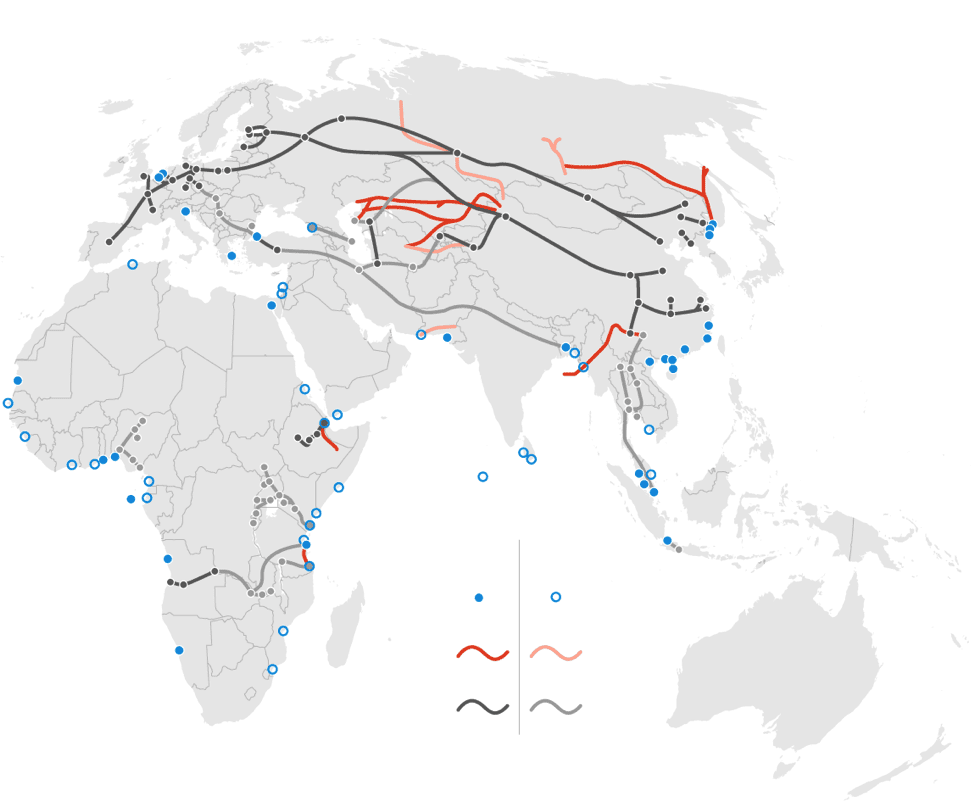
By 2017, Xi’s consolidation of authority seemed to be near complete. In 2016, he was given the newly created title of Commander-in-Chief of China’s joint battle command in addition to his role as Chairman of the Central Military Commission, a move widely seen as signifying his unquestionable control of the armed forces.
At the 19th National People’s Congress, the constitution was amended to incorporate Xi’s “key theories and strategic thoughts,” which elevated him to a level only attained by Deng Xiaoping and Mao Zedong. Surprisingly, Xi declined the opportunity to elevate two younger party members to the Standing Committee, which was a typical precursory step in the presidential succession process. Today, that decision is seen as one of the first hints that Xi would not be relinquishing power in 2022.
https://twitter.com/mkbess/status/968171522631315456
While the proposed change to the constitution almost certainly elicited a negative reaction from the Chinese public, given the state’s immediate online crackdown on dissident views, it is unlikely to prevent the amendment’s passage.
Moving forward, President Xi will have unrivaled authority within the party and unparalleled control over the state’s security and defense apparatus. The media would do well to stop musing about Xi as some sort of imperial emperor. His control of the party and state will have grave long-term implications for Chinese foreign policy and that’s nothing to take lightly.
Sean McNicholas, LIMA CHARLIE NEWS
Lima Charlie provides global news, insight & analysis by military veterans and service members Worldwide.
For up-to-date news, please follow us on twitter at @LimaCharlieNews
In case you missed it:

![Image China's President Xi is not an emperor, he’s a planner [Lima Charlie News]](https://limacharlienews.com/wp-content/uploads/2018/03/Chinas-President-Xi-is-not-an-emperor-he’s-a-planner.png)
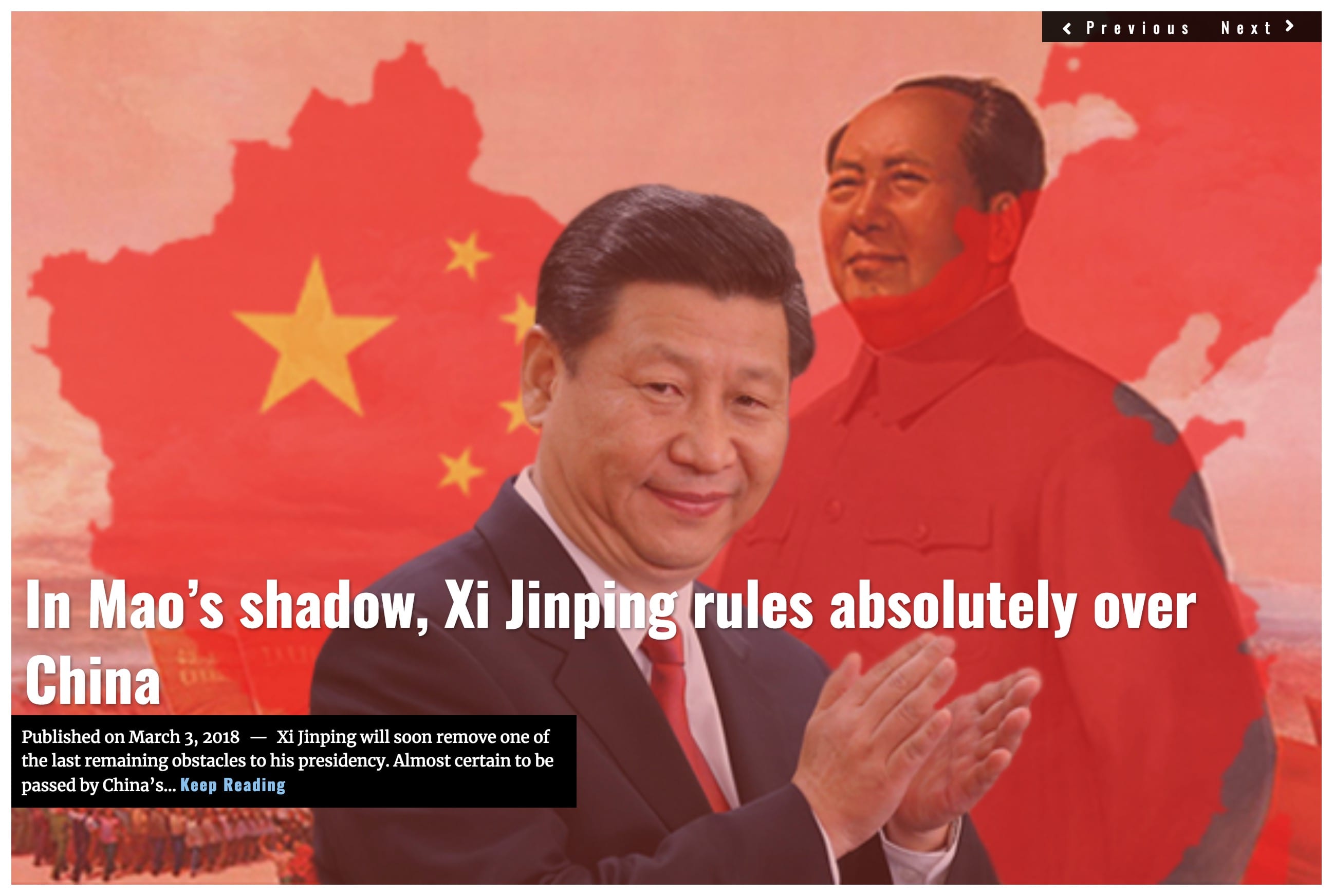
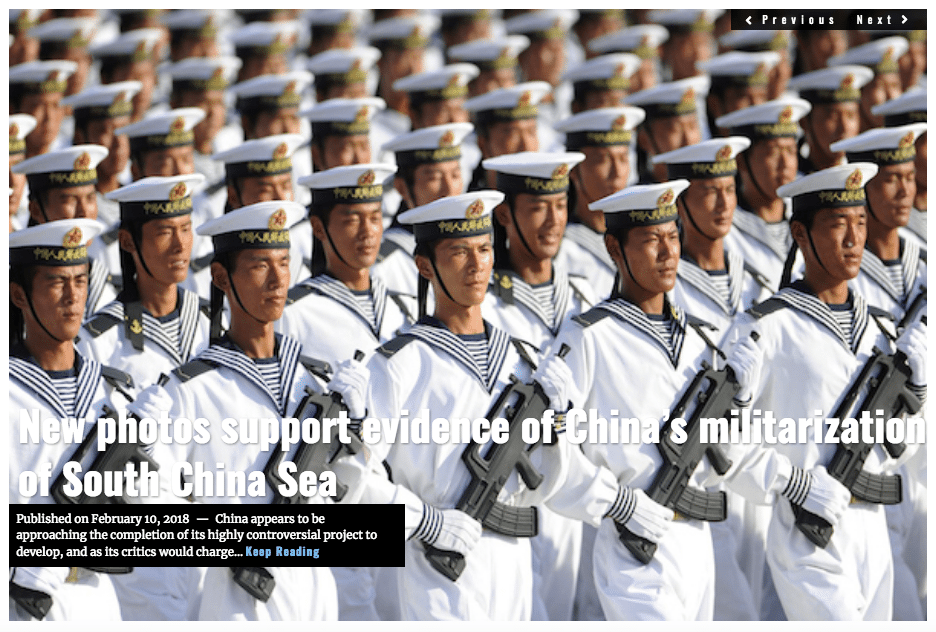
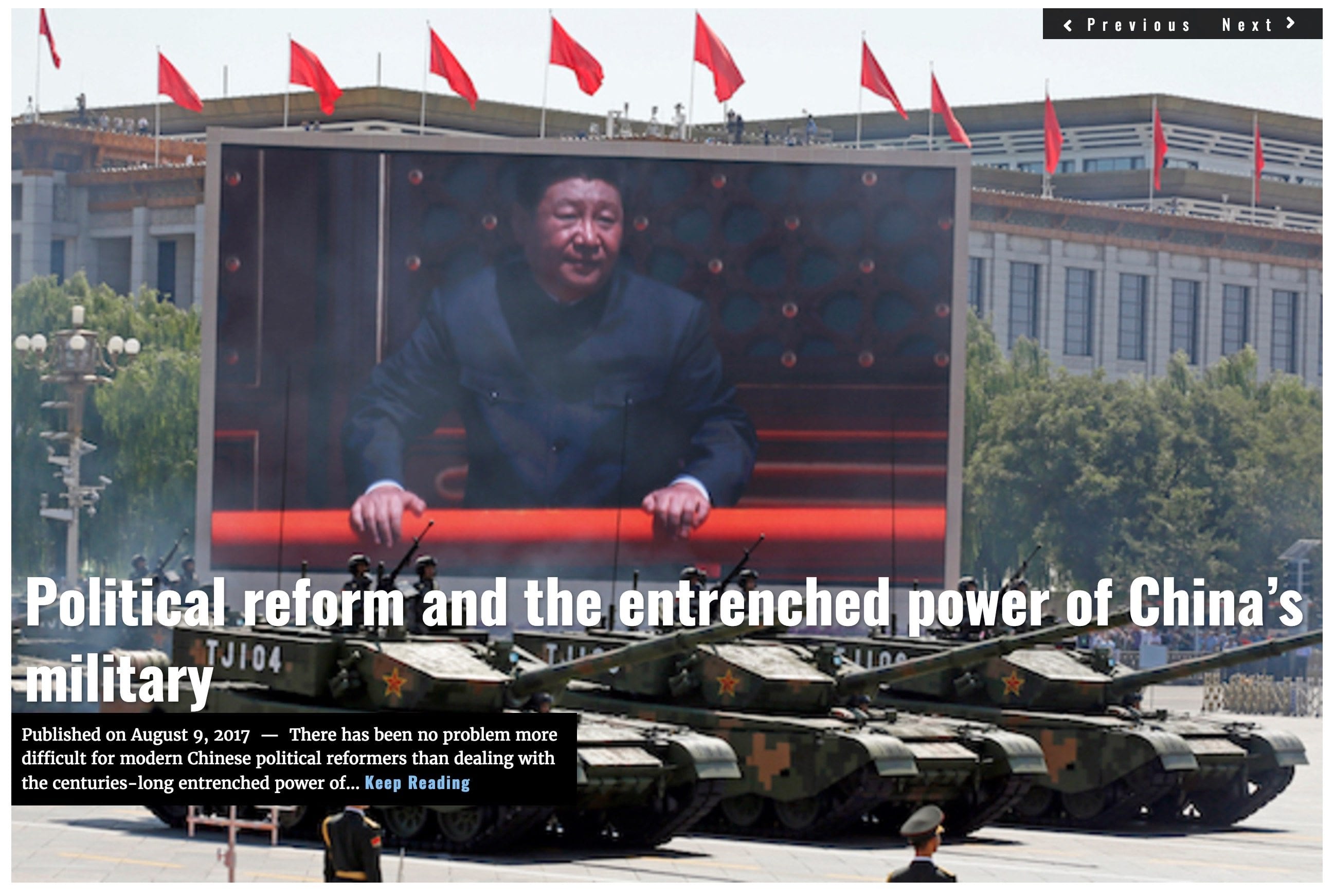
![image Resistance mounts against China's President Xi Jinping [Lima Charlie News][Photo: Johannes Eisele / AFP]](https://limacharlienews.com/wp-content/uploads/2018/08/Resistance-mounts-against-Chinas-President-Xi-Jinping-480x384.jpg)
![Image Little choice for Russia and China but to link up [Lima Charlie News]](https://limacharlienews.com/wp-content/uploads/2018/09/headlineImage.adapt_.1460.high_.russia_china_opinion_052114.1400674740238-480x384.jpg)


![Blossoming Russo-Turkish alliance leaves U.S., NATO behind [Lima Charlie News]](https://limacharlienews.com/wp-content/uploads/2019/07/Russia-Turkey-alliance-leaves-U.S.-NATO-behind-480x384.png)

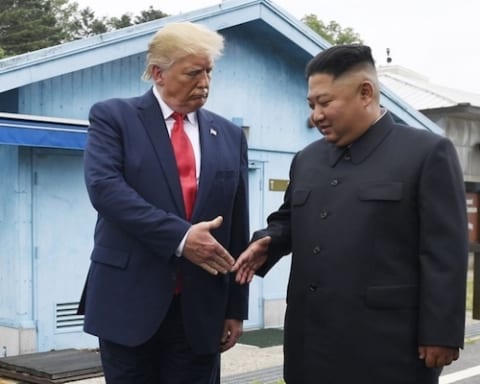
![image Resistance mounts against China's President Xi Jinping [Lima Charlie News][Photo: Johannes Eisele / AFP]](https://limacharlienews.com/wp-content/uploads/2018/08/Resistance-mounts-against-Chinas-President-Xi-Jinping-150x100.jpg)
![Image Little choice for Russia and China but to link up [Lima Charlie News]](https://limacharlienews.com/wp-content/uploads/2018/09/headlineImage.adapt_.1460.high_.russia_china_opinion_052114.1400674740238-150x100.jpg)